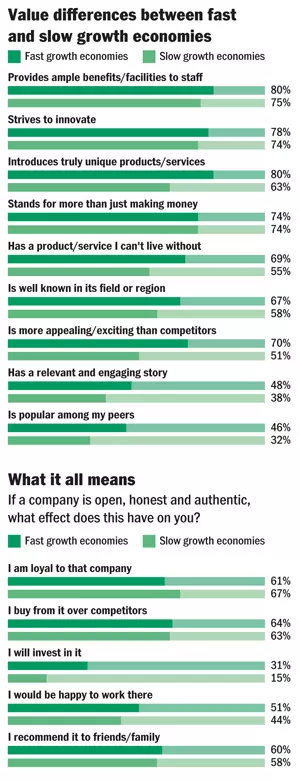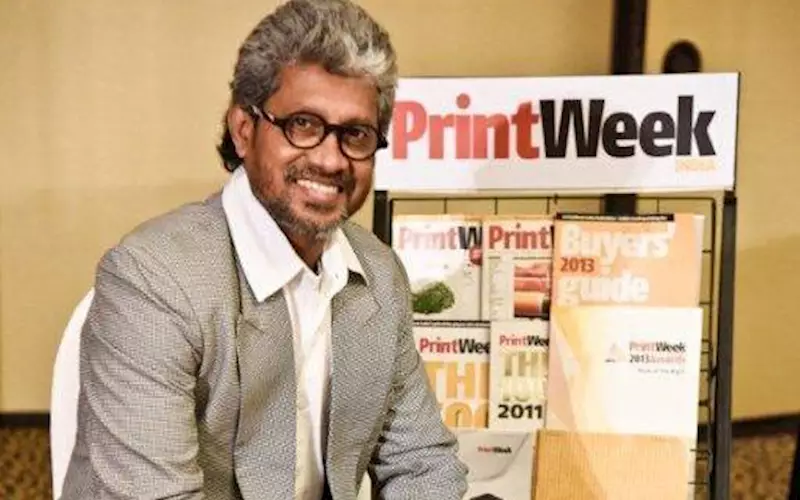Print is changing. Brands are changing - The Noel D'Cunha Sunday Column
In an unusually cheery report, Campaign Asia seems to suggest brands investing in print a safe bet for 2015.
16 Jan 2015 | By Noel D'Cunha
The analysis seems to be describing the industry as a safe haven. But who are these brands and how have they built a connect with the customers.
A look at the findings on how top brands are perceived...
At the Print Summit 2015, Shoppers Stop founder, BS Nagesh, told the 800+ audience to keep an eye on the behavioural changes of the consumers.
At another Share-to-Benefit forum, Sanjeev Agarwal of Alia said that while positioning of the brand is important, positioning in its simplest form is not what you do to the product but what you do to the prospect’s mind.
For consumers, ‘authentic’ means quality, and most importantly, delivers what it promises. Brands use these to build a strong connection with the customers.

Interestingly, a publication from the Haymarket group, Campaign Asia (the Hong Kong counterpart of Campaign India) recently published an analysis of Cohn & Wolfe’s ‘Authentic brands’ study for 2014, result of which yielded surprising findings, one in which Samsung was perceived as the most ‘authentic brand’ in India. Meanwhile, KFC and HSBC are perceived as the most ‘authentic brands’ in China and Hong Kong, notwithstanding both the brands have been surrounded by controversies in those market in recent years.
Campaign Asia goes on to further report:
Nonetheless, consumers in the four Asian markets included in the study—which also looked at India and Indonesia—remain sceptical about big business. Just 8 per cent in Hong Kong see large corporations as honest and transparent. The figure rises somewhat in China, with Indonesians by far the most trusting.
Globally, people in fast-growing economies are a lot less jaded than their counterparts in slow growth economies. For example, 64 percent see the banking sector displaying ‘authentic’ behaviour, as opposed to 22 per cent elsewhere.
Overall, consumers view supermarkets as the most authentic sector (52 per cent of global respondents said so), while fast food and alcohol sat at the opposite end of the scale.
Unsafe food processes are what really make people upset: excepting Indonesia, more than three-quarters of respondents say they would become very angry if a company were found to skimp on the safety of its food products. Being open and honest clearly pays off. In fast-growth economies, more than 60 percent of respondents say they are more loyal to a company and recommend it to others if its practices fit with their values.
The study canvassed 12,000 people across 12 markets worldwide
Campaign Asia - Report and Images
 |
 |
 |
 |
 |
 |
 |
Source: Campaign Asia - Report and Images











 See All
See All